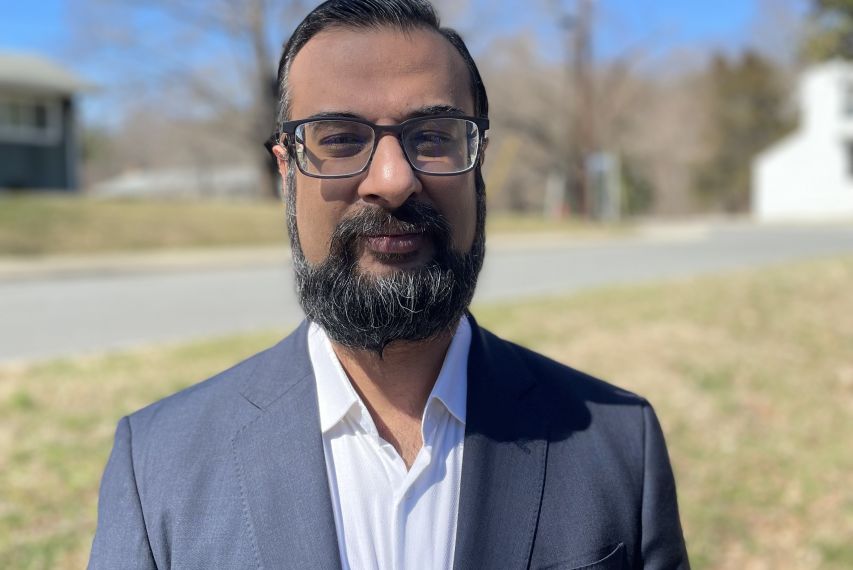Your research looks at the emerging dynamics of South-South Development Cooperation, especially after the launch of China’s Belt and Road Initiative (BRI). Can you tell us what this initiative is and your interest in it?
Safdar: The Belt and Road Initiative, launched in 2013, is President Xi Jinping's signature development initiative. As part of the BRI, the Chinese have spent and continue to expend substantial resources on building infrastructure across countries. Some estimates suggest that they have spent US$ 1 trillion on projects related to the BRI. To date, more than 140 countries have signed on to the BRI.
Given the scale and scope of Chinese ambitions, as a student of development, I was interested in understanding how Chinese stakeholders interact with their counterparts in developing countries. I was curious to learn the dynamics that inform the negotiation process and the power dynamics in the relationship. Is the relationship as asymmetric as the one between traditional development actors in the North, or are the dynamics different?
While traditional wisdom might dictate that the asymmetric relationship means that Chinese stakeholders hold the upper hand, in-depth empirical grounded research highlights smaller developing countries' substantial bargaining power.
Teaching New Perspectives on Global Development
Teaching New Perspectives on Global Development

uhammad Tayyab Safdar joined as a Global Studies faculty in Fall 2023. He is currently teaching about global development and perspectives from the Global South based on his research on South-South global development relations, in particular the relationship between China and Pakistan.
What are your next research steps?
Safdar: I seek to answer these questions in the context of the China-Pakistan Economic Corridor, a flagship project of the BRI. I am currently working on a paper that explores the idea of ‘outsourced development.’ In this outsourced development model, Chinese stakeholders are responsible for providing public goods like water and healthcare, besides commercial and strategic projects in countries like Pakistan. Despite the expanding mandate, their ability to operate in these complex environments is circumscribed as they work at the will of the sovereign and must contend with different groups embedded within the local political economy.
I am also working on a book manuscript, which explores how Chinese and local elite actors negotiate using evidence from the China-Pakistan Economic Corridor. Furthermore, it highlights the role of local agency in driving the sequence of interventions financed by Chinese policy banks in developing countries like Pakistan.
How does your research inform your teaching?
Safdar: My research plays a vital role in my teaching. I highlight some of the complexities of working in the field. Furthermore, I encourage my students to be critical of the received wisdom and to question widely held beliefs based on logic and empirical evidence. I also seek to link some of the theoretical concepts that are difficult to grasp with relevant practical examples from my research. Linking empirics to the theory helps better understand some of the complex ideas.
How will teaching in the Global Studies program change your approach to teaching?
Safdar: I am excited about teaching in the Global Studies program. I have tried to build an interactive teaching style and hope to take this forward with outstanding students in Global Studies. I believe the best way to learn is through active participation in class discussions.
What courses are you offering this semester?
Safdar: I am teaching a course in Global Studies on the “Dynamics of Great Powers: View from the South.” The course explores the strategies that developing countries in the Global South deploy to navigate the emergence of renewed great power competition. It uses a historical lens to explore the impact of European and non-European imperialism on large parts of the developing world.
I am also teaching a class in the Engagements Program titled Global ‘Development: The Great, the Good & the Ugly'. This course explores the meaning of global development and its acceptance as an universal idea. It explores the different views on what it means to be developed, and how do mainstream actors engage with these differences.



